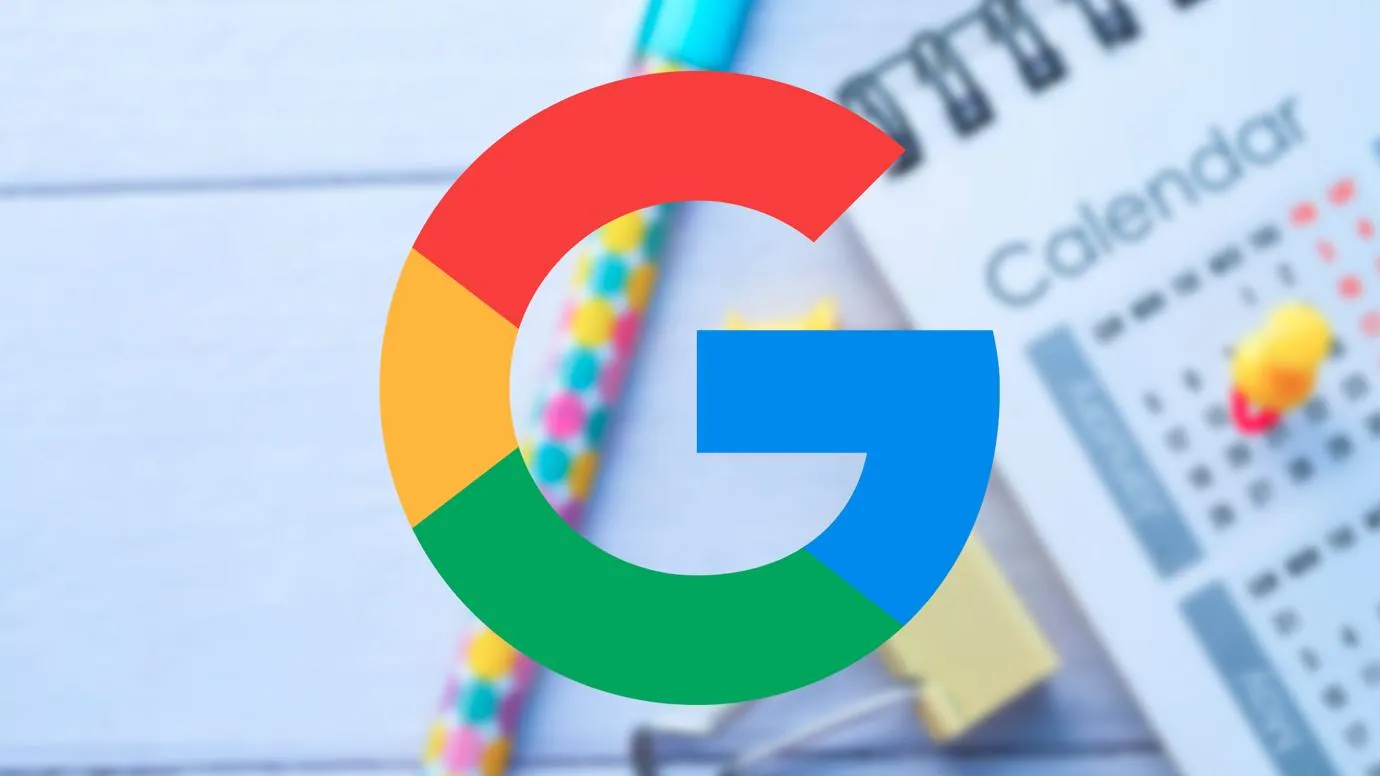The First Thing to Fix Before Running Ads
By Bruce Klaic (MBA) - Head of Marketing Friday, August 15, 2025

If your website is slow, clunky, or a nightmare to book on, running ads is like pouring champagne into a cracked glass — you’ll lose the good stuff before it reaches anyone.
Ads can send a stampede of curious visitors your way, but if your site fumbles them with slow loading, awkward navigation, or booking forms that belong in 2008… they’re gone. And your ad spend? Gone with them.
Before you even think about putting a cent into ads, let’s make sure your website is ready to convert.
1. Why Website Performance Comes First
A fast, easy-to-use site is like a well-trained shop assistant — it makes every marketing dollar work harder.
Here’s the reality:
- Speed matters. If your site takes more than 3 seconds to load, you’ve already lost a chunk of your visitors. People simply don’t wait.
- Mobile is king. Most ad-driven clicks come from phones. If your mobile site is fiddly, has buttons that don’t work, or forces people to zoom in, you’re bleeding opportunities.
- First impressions count. An ad may get someone’s attention — but your site is what makes them stay (and book, call, or buy).
2. Quick Website Health Check Before Ads
Before you hit “launch” on that ad campaign, give your site a quick once-over:
- Load Time – Use Google PageSpeed Insights (it’s free) to see how long it takes to load. Aim for under 3 seconds.
- Booking Flow – Pretend you’re a brand new customer. Can you book in under three clicks? If not, it’s too hard.
- Mobile Usability – Check your site on your phone. Does it resize neatly? Are buttons big enough? Can you read everything without pinching and zooming?
- Navigation – Can you find services, prices, and booking in seconds? If not, your visitors won’t either.
3. Before Buying a New Website: How to Avoid Being Bamboozled
Sometimes you need a full rebuild. Sometimes a few smart tweaks will do. But either way, don’t go shopping for a new site blind.
Here’s how to make sure you’re talking to someone who actually knows their stuff:
- Know your goals – Are you chasing more bookings? Faster load times? Better mobile experience?
- Learn the lingo – Words like responsive design (site works on all screen sizes), CMS (content management system like WordPress), and UX (user experience) shouldn’t throw you.
- Ask for proof – Real-world results matter more than pretty designs. Look for examples of improved speed, higher conversion rates, or measurable growth.
- Red flag: If a developer only talks about “making it look nice” but ignores speed, mobile usability, or conversions — run.
Pro Tips
- You don’t always need a full rebuild — optimisation can solve a lot.
- Track your current site’s numbers before making changes so you can measure improvements.
- Fix booking flow and mobile speed first — they usually bring the fastest ROI.
A high-performing website doesn’t just make your ads work better — it multiplies their impact. A poorly performing one just burns your budget faster.
Before you spend a single dollar on ads or a shiny new website, let us run a quick performance audit. You’ll know exactly what’s working, what’s slowing you down, and which fixes will get you real results.


